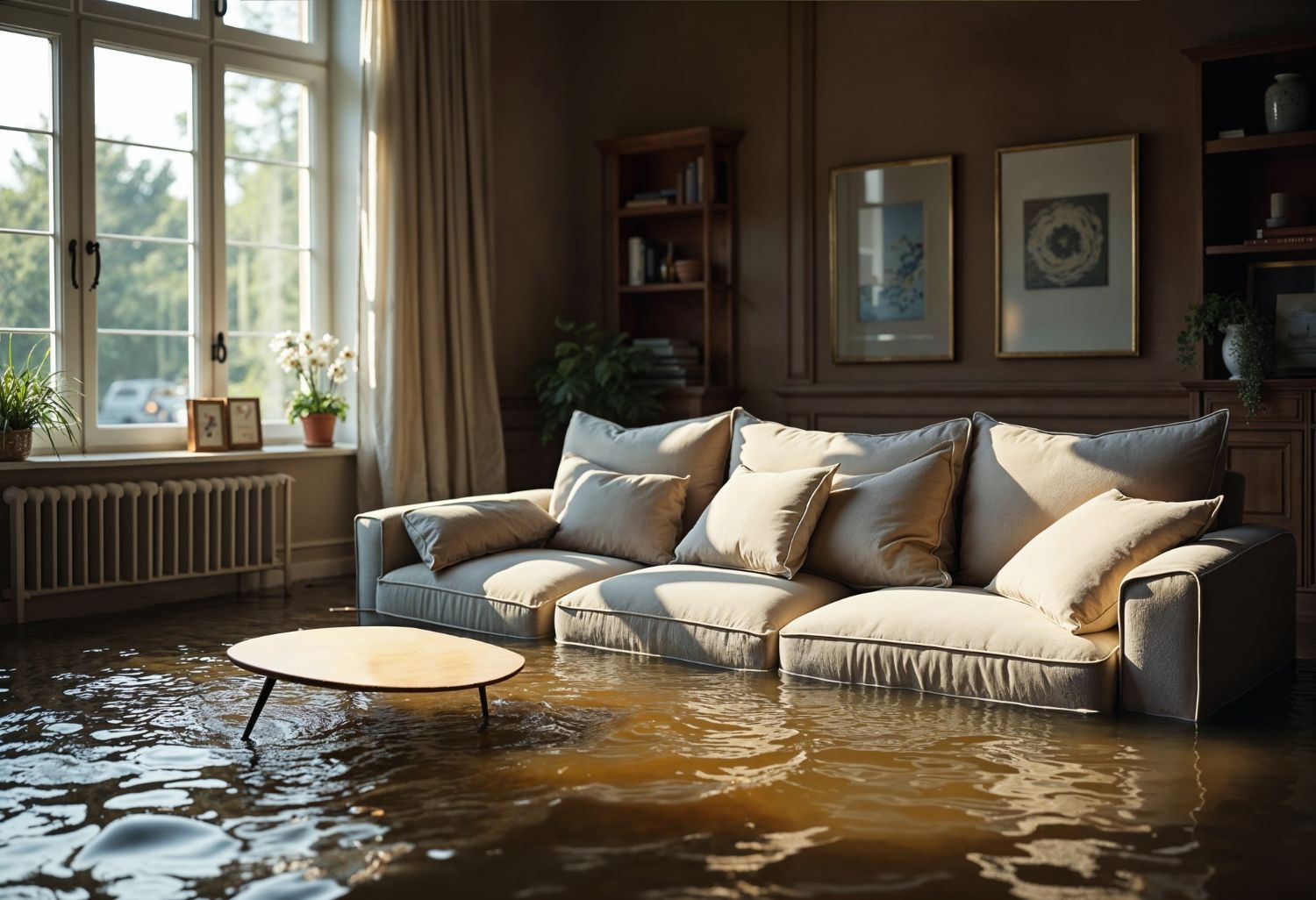Does Homeowners Insurance Cover Floods?

Understanding Your Homeowners Insurance Coverage
When it comes to protecting your home, the assumption that your homeowners insurance covers every possible event can be misleading.
Many homeowners are surprised to discover that their standard policy does not include flood damage. This oversight can have significant financial implications when tragedy strikes.
What Does Your Homeowners Insurance Really Cover?
A typical homeowners insurance policy is comprehensive in safeguarding against various perils such as fire, theft, wind, and hail. However, the water damage covered usually pertains to incidents originating within the home, like burst pipes or appliance malfunctions. Unfortunately, flood damage caused by factors such as heavy rainfall, storm surges, or river overflows is not included.
The Necessity of Flood Insurance
To be protected against natural flooding, a separate flood insurance policy is essential. Available through the National Flood Insurance Program or private insurers, such policies cover the repair or replacement of your home’s foundation, systems, and personal property damaged by floodwaters. It’s crucial to understand that it's not just high-risk zones that need this protection; a significant number of flood claims each year come from areas deemed low or moderate risk.
Risks of Being Unprepared
In the absence of flood coverage, homeowners are often faced with devastating financial decisions after a flood event. Without insurance, options may be limited to paying out of pocket or seeking federal aid, which may only be available as loans. Awareness beforehand can prevent these dire situations.
Understanding FEMA's Role
While FEMA provides post-disaster aid, its assistance is generally confined to declared federal disaster areas and is limited in scope. This aid often takes the form of loans rather than grants, underscoring the inadequacy of relying solely on federal support following floods.
Protective Steps to Consider
Consider taking proactive steps now to minimize risks:
- Review Your Current Insurance: Verify what perils your homeowners insurance covers, and acknowledge any gaps in flood protection.
- Seek a Flood Insurance Quote: Obtain quotes from the NFIP or private insurers to understand potential costs and coverage details. In many cases, flood insurance rates are more affordable than expected.
- Evaluate Your Property's Risk: Utilize tools such as FEMA’s Flood Map Service Center to assess your flood risk, taking into account natural and infrastructural factors specific to your area. Being informed and prepared is crucial to safeguarding your home and finances against unexpected flood events.
For personalized assistance and to explore comprehensive coverage options, our team is ready to help you make informed decisions. Contact us today at 617-298-0655 to ensure your home is adequately protected.


